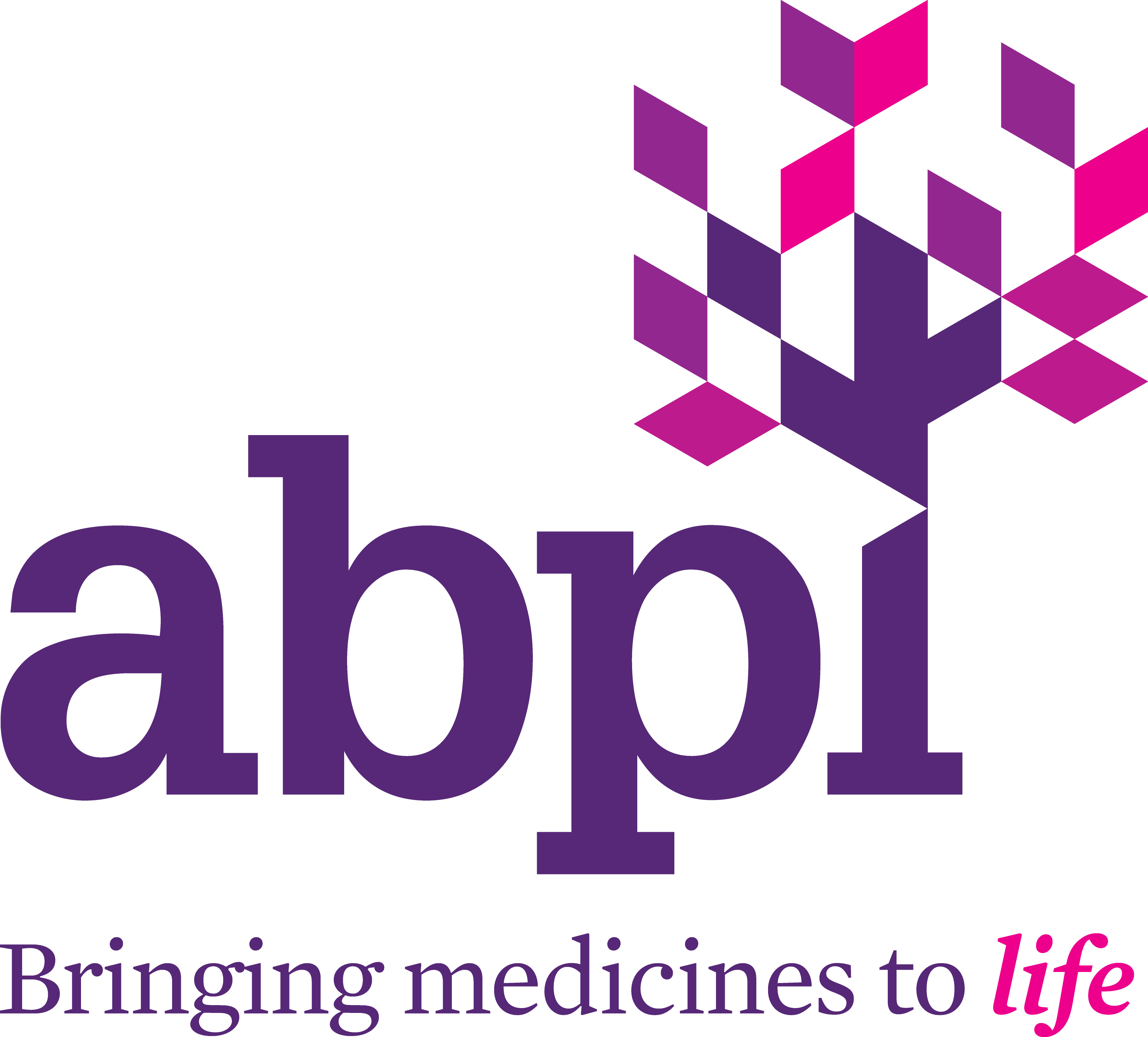
It’s my ambition for the UK to be the best place in the world to research, develop and launch medicines. This isn’t an unattainable vision, it’s a conversation I have with colleagues in global pharmaceutical companies every day.
Not only is this a reality, I believe it’s a necessity if we truly want to transform the NHS into a service that delivers world-class healthcare for all patients.
The UK is already punching way above its weight in the world of pharmaceutical science and I am proud to lead an industry that plays a pivotal role in improving global health and helping people live longer, more productive lives.
As science progresses we are now managing and eradicating diseases that routinely killed thousands of people a few decades ago.
Medical advances help the NHS save nearly 10,000 more lives a year from heart attacks than 20 years ago, avoid millions of emergency admissions for asthma, have doubled the cancer survival rate over 40 years, helped transform HIV/ AIDS into a chronic, manageable condition and cure hepatitis C in just 12 weeks.
Advanced, personalised therapies – immunotherapy and cell and gene therapies – are pushing us closer to cures and treatments for even harder-to-treat diseases. The industry’s medicines pipeline is as exciting now as it has ever been. Globally, our companies are developing over 7,000 potential new medicines for conditions like heart disease, diabetes, mental illness and rare genetic conditions, often affecting the youngest patients.
As our industry increases its pace of development, the NHS faces two great challenges; an ageing population, and with it the increased burden of chronic disease, and major funding difficulties.
We share the ambition of the Health Secretary to put UK patients at the front of the queue for new medicines and the Life Sciences Industrial Strategy is a glimpse of how we can achieve this. First, by helping the NHS to capitalise on its unique strengths and expertise in using health data, I believe it can become the go-to partner for global companies for medicines and vaccines research and development.
Greater Manchester is pioneering this approach, where a more collaborative relationship between industry and the NHS is delivering cost savings and better patient outcomes through “real time” clinical trials for patients with chronic obstructive pulmonary disease (COPD).
Secondly, there is a promise of economic and health benefits for everyone if we can address the UK’s challenges with adopting new medicines. If we want the NHS to keep pace with medical advances, we must find new ways of working in order to transform services, make the NHS a global hub for clinical research and foster an environment to allow the NHS to offer game-changing treatments to patients.
We stand at a critical juncture: if we want a thriving life sciences sector, a future-ready NHS and a flourishing economy, we must work with the NHS to adopt innovation and address these challenges. As we negotiate to leave the EU, making the choice to invest in our future is more important than ever.
Lisa Anson is president of the Association of the British Pharmaceutical Industry (ABPI).



